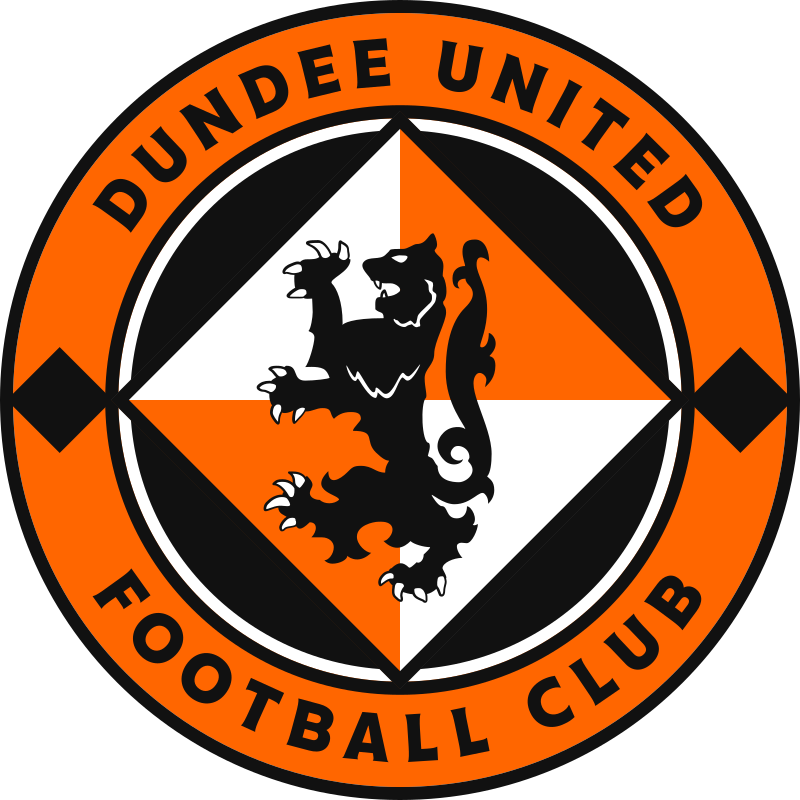
Dundee United FC
The evolution of Dundee United FC throughout the years is intrinsically linked to the managerial changes and tactical frameworks imposed by various coaches. Each managerial appointment had influences that rippled through the squad and fanbase alike, showcasing how pivotal leadership is in shaping a club’s identity. In this section, we will explore the underlying themes of these shifts, analyzing how they represent broader trends in footballing tactics, while placing these changes within the context of Dundee United’s history.
The Coaching Dundee United FC
The transition of managerial roles within Dundee United reflects a microcosm of Scottish football’s changing landscape. Managers like Levein and Houston brought different philosophies and methods to the club, affecting team dynamics and ultimately performance on the pitch Socolive.
Craig Levein, for instance, emphasized an organized approach to defense during his tenure. His tactical awareness and focus on a strong defensive structure were pivotal in fostering a robust backbone for the team. Levein’s methodology embraced the idea that a solid defense is just as crucial as attacking dynamism, a mindset which mirrored the defensive pragmatism that was prevalent in Scottish football during the early stages of the 2000s.
In contrast, Peter Houston took the helm with a vision inclined towards promoting attacking flair, integrating younger players and encouraging creativity in play. This shift responded to the evolving expectations of fans and the pressures of modern football, wherein an emphasis on paced, fluid transitions defined many successful teams. By incorporating youth players into his strategy, Houston not only reengaged the fanbase but also provided exciting prospects for the future—a dual strategy aimed at results and heritage.
Tactical Philosophy in the Modern Game
The rapid progression of football tactics over the past two decades has compelled clubs, including Dundee United, to rethink their strategic approaches to on-field play. The integration of data analytics and advanced metrics is significantly influencing how coaches prepare teams.
In the contemporary game, formations and tactical systems evolve as quickly as the focus on player fitness and psychological preparation. Managers at Dundee United have begun adapting their approaches to include high pressing, line breaking, and fluid formations, mirroring trends in elite leagues worldwide. The application of these tactical concepts not only aligns Dundee United with its competitors but also fosters a culture of adaptability—a hallmark characteristic of successful clubs.
Engaging players in the tactical narrative has also become essential in this modern football landscape. Encouraging tactical awareness and understanding on the field has helped foster a sense of accountability among players. This transition signifies more than just tactical shifts; it represents a cultural mindset emphasizing continuous improvement and the position of each player in implementing the game plan.
Fan Enthusiasm and Reactions
Within the maze of managerial changes, the passionate supporters of Dundee United FC wear their hearts on their sleeves, oscillating between hope and despair with each new appointment. Football is more than a sport; it is a means of self-expression for the fans—an emotional rollercoaster deeply influenced by managerial tactics and club direction.
Fans become intimately acquainted with a coach’s methods, philosophies, and results, leading to responses that range from jubilation following victories to vocal discontent during periods of poor form. The vocal nature of supporters not only creates a palpable atmosphere in the stadium but also places additional pressure on managers to deliver results on the pitch. Trust in a managerial shift is hard-earned and easily eroded, making it essential for the leadership of the club to genuinely connect with its fanbase.
Moreover, the presence of a managerial change often ignites conversations on social media, bolstering community discussions, and fostering an understanding that beyond the tactics unfolds a shared identity. The shared goal of returning to past glories unites fans and management alike, making it evident how every appointment counts in the larger vision for the future.



